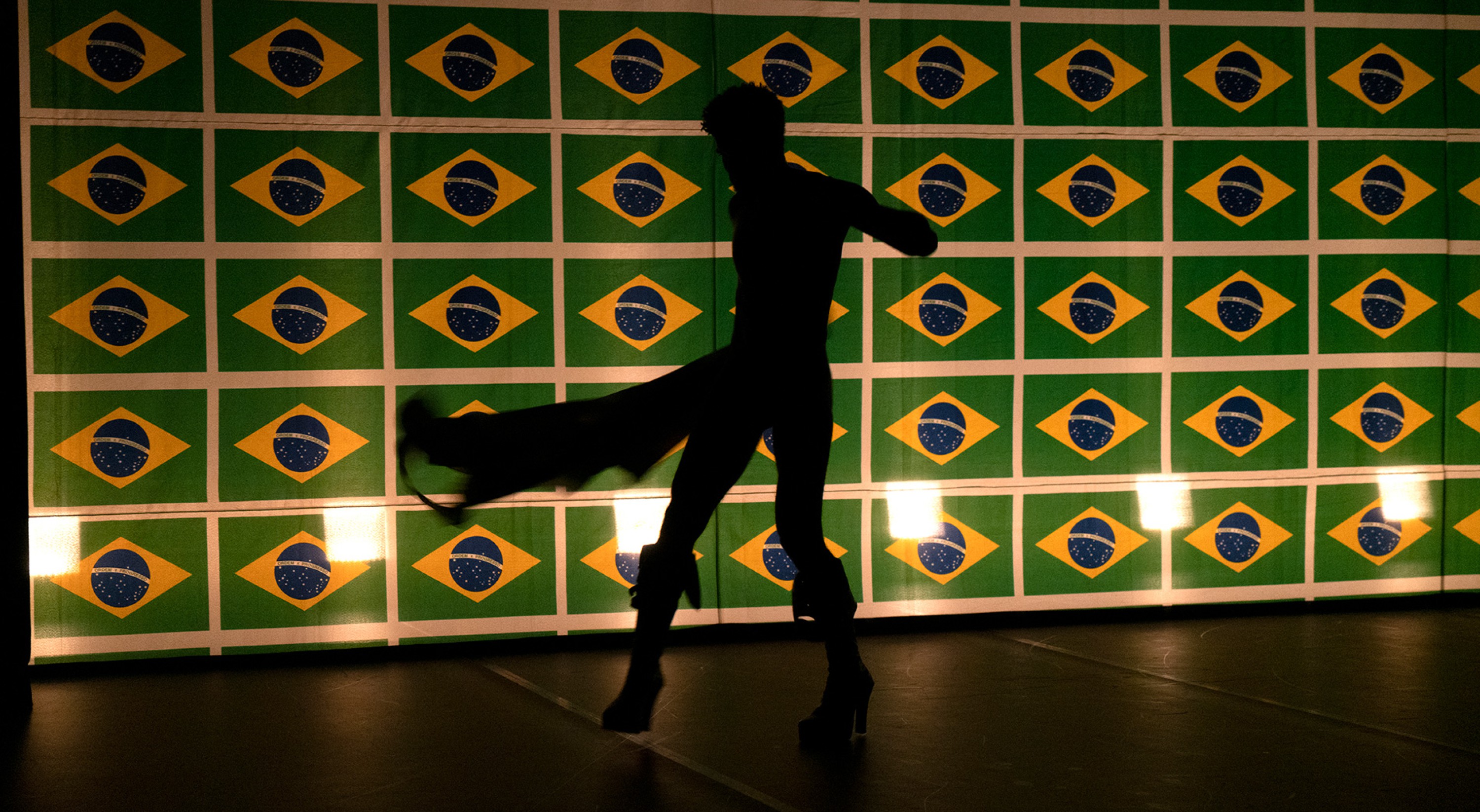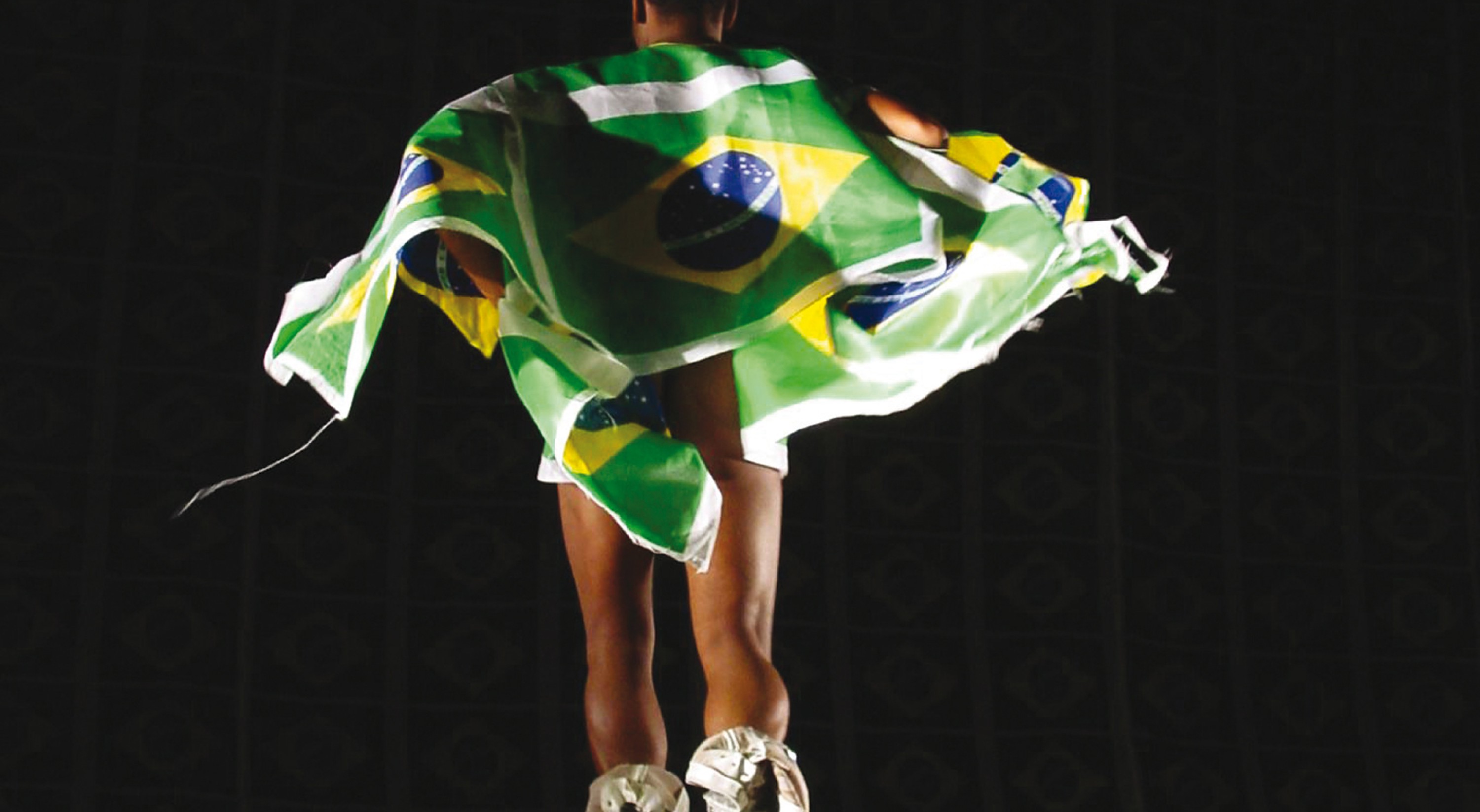Luiz de Abreu Calixto Neto
O Samba do Crioulo Doido
septembersept 16 – 19
Concept, direction, choreography, scenography, costumes, and production by, Luiz de Abreu
With Calixto Neto
Artistic collaboration, Jackeline Elesbão, Pedro Ivo Santos, and Fabrícia Martins
Lighting creation, Luiz de Abreu, and Alessandra Domingues
This show is presented In association with CENTQUATRE-PARIS and Festival d’Automne à Paris.
Executive producer, CND Centre national de la danse (Pantin)
A coproduction between Centre chorégraphique national d’Orléans, Charleroi Danse, and Teatro Municipal do Porto
In association with CENTQUATRE-PARIS ; and Festival d’Automne à Paris
Residencies at Casa Charriot, Espaço Xisto Bahia, and Casa Rosada
With support from Fondation d’entreprise Hermès
Partnership with France Culture
Faced with the urgency of tackling the issue of de-colonialization, as well as questioning the heritage of slavery and the relationship based on domination that the latter induces, the solo conceived and danced by Luiz de Abreu and then passed on to Calixto Neto, deconstructs the representations of the black body in Brazilian culture. In doing so, it organises the passage of a body-object to that of a body-subject.
By asking Calixto Neto to play out the stereotypes linked to the black body, anchored, far too deeply, in the Brazilian collective subconscious, Luiz de Abreu succeeds in turning racist clichés back on themselves. A black body plunged into the darkness, the dancer, naked, exaggerates his movements in order to ridicule the identitarian projections which assign him to an unchosen figment of the imagination, oscillating between eroticism and exoticism. The writing of Luiz de Abreu parodies both the carnival and classical ballet, displacing the cultural signs in order to unleash the subconscious. The frontal, pared-down form of exhibition that the staging brings about is in keeping with the radical nature of the dramatic proposition itself, whilst the ensuing malicious and incisive brand of humour attenuates the violence of the critique. By means of penile games, stomach waves and butt-shaking, the playful and joyous movements return the dancer’s body, via symbolic means, to its raw, primary materiality. It becomes a subordinate body delving deep into itself in search of its emancipation.
In the same place


